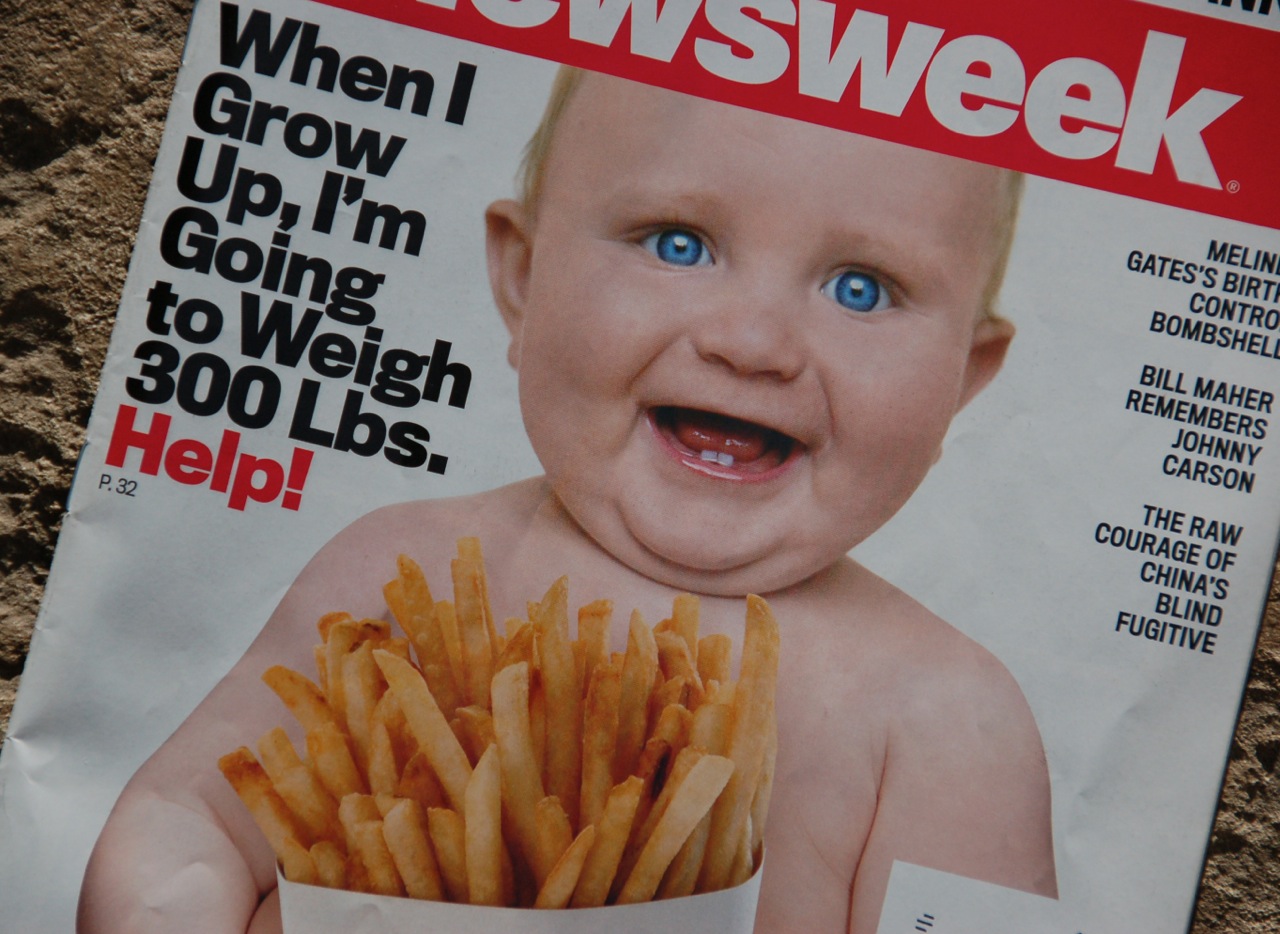Toxic metals, inadequate nutrition & autism
 Sunday, December 23, 2012 at 10:03AM
Sunday, December 23, 2012 at 10:03AM Is there a link between toxic metal exposure, the typical modern diet (which is nutritionally deficient), and autism?
This year, toxicologists from Hersbruck, Germany published a research study evaluating hair samples from 44 children with Autistic Spectrum Disorder (ASD). The researchers compared the levels of toxic metals and essential (beneficial) elements such as iron, magnesium and zinc, to levels found children without autism:
By comparing hair concentration of autistic vs nonautistic children, elevated hair concentrations were noted for aluminum, arsenic, cadmium, mercury, antimony, nickel, lead, and vanadium. Hair levels of calcium, iron, iodine, magnesium, manganese, molybdenum, zinc, and selenium were considered deficient. There was a significant positive correlation between lead & verbal communication (p = 0.020) and general impression (p = 0.008). In addition, there was a significant negative correlation between zinc & fear and nervousness (p = 0.022). Conclusion: Our data supports the historic evidence that heavy metals play a role in the development of ASD. In combination with an inadequate nutritional status the toxic effect of metals increase along with the severity of symptoms. (emphasis added)
Maedica (Buchar). 2012 Jan;7(1):38-48.
Toxic Metals and Essential Elements in Hair and Severity of Symptoms among Children with Autism.
Blaurock-Busch E, Amin OR, Dessoki HH, Rabah T.
Lecturer and Advisor, International Board of Clinical Metal Toxicology & German Medical Association of Clinical Metal Toxicology, Hersbruck, Germany.



